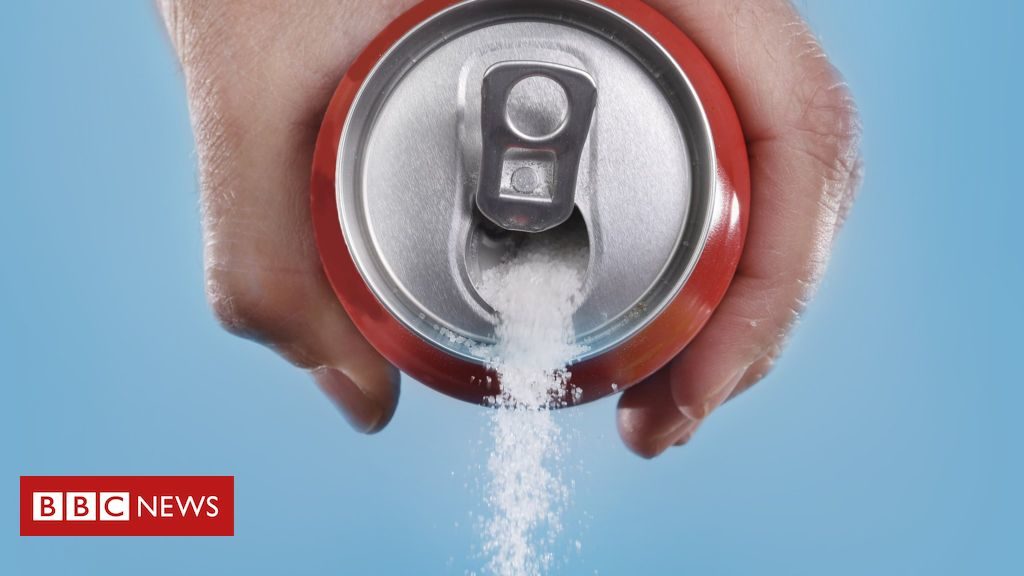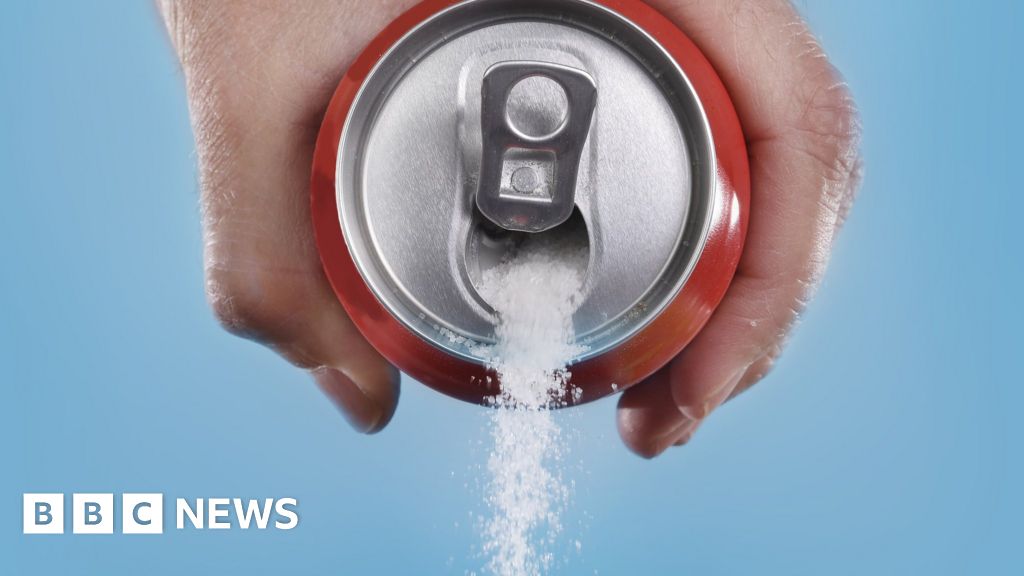Are Scots becoming more or less healthy?
Seven charts from the latest Scottish Health Survey looking at drinking, smoking and exercise. …


The latest Scottish Health Survey attempts to measure the wellbeing of people living in Scotland. So, what does it reveal about the nation’s drinking, smoking and exercise habits?
19% of adults exhibited signs of a possible psychiatric disorder
Mental health is the first item on the survey this year, marking its rise up the health policy agenda.
The survey uses the Warwick-Edinburgh Mental Wellbeing Scale (WEMWBS) and the General Health Questionnaire 12 (GHQ 12) to monitor “mental wellbeing”.
In 2018, the mean score for adults on the WEMWBS was 49.4, which was not significantly lower than 2017 (49.8) but it was the lowest since 2008 when this question began being asked.
The GHQ-12 questionnaire showed that 19% of adults exhibited signs of a possible psychiatric disorder (GHQ-12 score of four or more), the highest in the time series since 2003.
Only 22% of adults met the 5-a-day recommendation
Despite World Health Organisation guidelines recommending five portions of fruit and vegetables per day, most Scots are falling well below the target.
In 2018, 22% of adults met the 5-a-day recommendation, which is fairly consistent with results since 2003.
The survey said 10% did not consume any fruit or vegetables on previous day.
The survey showed that the average adult managed just 3.2 portions.
Just 15% of children met the 5-a-day recommendation.
In 2018, 10% of adults consumed sugary drinks every day, down from 20% in 2016
16% of children consumed sugary soft drinks daily, down from 35% in 2015/2016
According to the survey, consumption of sugary soft drinks had fallen considerably for both adults and children.
In 2018, 10% of adults consumed sugary drinks every day, down from 20% in 2016.
About 16% of children aged 2-15 consumed non-diet soft drinks daily, down from 35% in 2015/2016.
A survey question about food security found that 16% of adults in the most deprived areas reported being worried about running out of food, compared with 4% in the least deprived areas.
Two-thirds (65%) of adults in Scotland are overweight or obese
Two-thirds (65%) of adults in Scotland are overweight, the survey says.
This includes 28% who are obese.
These trends have remained stable since 2008.
About a third of adults have a “healthy weight” – a Body Mass Index (BMI) of 18.5 to 25 kg/m2.
The average BMI of Scots has shown a small upward trend from 27.1 in 2003 to 27.7 in 2018.
Prevalence of children at risk of obesity has remained relatively stable in 2018 at 16%.
On average men drank 16.1 units and women 8.9 in 2018
Despite a decrease over the years in the number of adults drinking at hazardous or harmful levels, the figure is not going down very quickly.
The 24% figure for 2018 was the same as the previous year but down from 34% in 2003.
Men continued to be twice as likely as women to drink at hazardous or harmful levels.
Among men, the highest prevalence of harmful drinking was among those aged 55-64.
On average, it said men drank 16.1 units and women 8.9.
Guidelines say men and women should consume no more than 14 units a week – equivalent to six pints of beer or seven glasses of wine.
The prevalence of smoking among adults in 2018 was 19%
The prevalence of smoking among adults in 2018 was 19%, according to the survey,
That figure was actually slightly up on the 2017 figure but is well down from 2003 (28%).
In the most-deprived areas 33% of adults smoked, the survey said, as opposed to just 10% in the least deprived areas.
There has been a steady decline over time in the average number of cigarettes smoked per day from 15.3 in 2003 to 11.8 last year.
The percentage of adults who had never smoked regularly or at all was at its highest level in 2018 at 59%.
Levels of e-cigarette smokers remained steady at 7%.
Two-thirds meet physical activity guidelines
In 2018, two-thirds of adults (66%) met the guidelines for moderate or vigorous physical activity (MVPA), the highest level in the time series, though it has not changed significantly since 2013.
Men (70%) continued to be more likely than women (62%) to meet the MVPA guidelines.
Respiratory health
The survey said that in 2018 about 8% of all children aged 0 to 15 were reported to be diagnosed with asthma by a doctor -the lowest level to date.
The prevalence of self-reported asthma diagnoses among adults increased from 13% in 2003 to 16% in 2012 and has remained stable since.
Cardiovascular and diabetes
Among adults aged 16 and over, 16% had some form of cardiovascular disease (CVD) and 7% reported doctor-diagnosed diabetes (primarily type 2).
The survey said 5% had IHD (ischaemic heart disease) and 3% reported having a stroke.
It said 71% of adults, in 2018, described their health as ‘good’ or ‘very good’, the lowest recorded since 2008.
- The annual Scottish Health Survey questioned 4,810 adults and 1,983 children. It is designed to give a representative sample of the general population.

